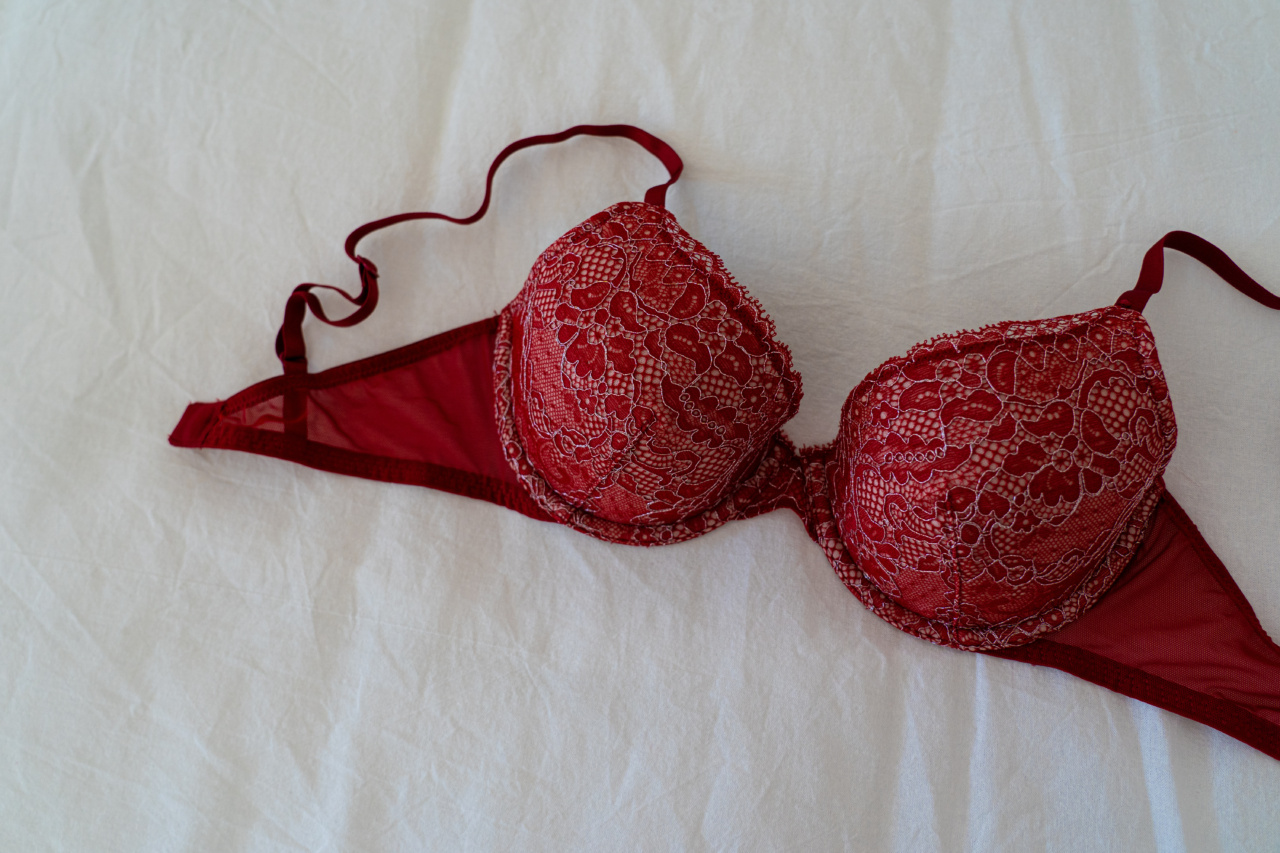For years, there has been a debate about whether wearing a bra to bed is beneficial or harmful to our health.
Some claim that it provides support and prevents sagging breasts, while others argue that it restricts circulation and increases the risk of breast-related issues. In this article, we will delve into the pros and cons of wearing a bra to bed, so you can make an informed decision about what is best for you.
The Pros of Wearing a Bra to Bed
1. Support: One of the primary reasons women wear bras to bed is to provide additional support. Especially for those with larger breasts, a bra can help alleviate discomfort, minimize movement, and prevent sagging.
It can also be beneficial for women who have recently undergone breast surgery.
2. Comfort: Some women find wearing a bra to bed comforting, similar to wearing a snug shirt or hugging a pillow. It can provide a feeling of security and help with relaxation.
For those who feel more comfortable with the support of a bra, wearing one to bed may be a personal preference.
3. Posture Improvement: Wearing a bra to bed may help improve posture. It encourages proper alignment of the spine and prevents slouching, which can have long-term benefits for back and neck health.
4. Skin Protection: Bras can also act as a barrier between breasts and other parts of the body. This can be particularly beneficial for women with larger breasts, as it helps to prevent friction and chafing that can lead to skin irritation or rashes.
The Cons of Wearing a Bra to Bed
1. Restriction of Circulation: One of the main concerns about wearing a bra to bed is that it can restrict blood flow and hamper lymphatic drainage. The lymphatic system helps remove toxins and waste products from the body.
Some argue that wearing a bra while sleeping may interfere with this process and potentially increase the risk of breast-related health issues.
2. Breast Vulnerability: Wearing a tight bra to bed can compress the breast tissue, making it more susceptible to damage. It may also lead to blocked milk ducts, which can be painful and increase the risk of infection for breastfeeding women.
3. Discomfort: While some women find wearing a bra to bed comfortable, others may experience discomfort, especially if the bra is ill-fitting or made of materials that do not allow the skin to breathe.
Discomfort and irritation can lead to restless sleep and impact overall sleep quality.
4. Skin Irritation: The straps, hooks, and underwire of a bra can rub against the skin during sleep, causing irritation and redness. This can be particularly problematic for those with sensitive skin or existing skin conditions.
Should You Wear a Bra to Bed?
The decision to wear a bra to bed ultimately depends on personal preference and individual circumstances. There is no one-size-fits-all answer, as women’s bodies and needs differ.
It’s essential to consider factors such as breast size, comfort, and any pre-existing breast conditions. Additionally, it’s always a good idea to consult with a healthcare professional for personalized advice.
If you choose to wear a bra to bed, opt for a soft and well-fitting bra made of breathable materials. Avoid bras with underwire or constrictive bands that could compromise circulation.
It’s also crucial to clean your bras regularly and replace them when they lose their shape or show signs of wear.
Ultimately, the key is to listen to your body. If wearing a bra to bed causes discomfort, hinders your sleep quality, or exacerbates any breast-related issues, it may be best to forego wearing one during nighttime hours.
Conclusion
The debate over whether wearing a bra to bed is good or bad remains ongoing. While some argue that it provides support and protection, others raise concerns about potential health risks.
Ultimately, each woman should consider her own comfort, needs, and body type when making a decision.
Remember, it’s crucial to prioritize comfort and breast health. Regular self-examinations, maintaining a healthy lifestyle, and wearing well-fitting bras during the day, if desired, can contribute to overall breast well-being.
It’s always advisable to consult with a healthcare professional for personalized guidance and to address any concerns you may have regarding breast health.































